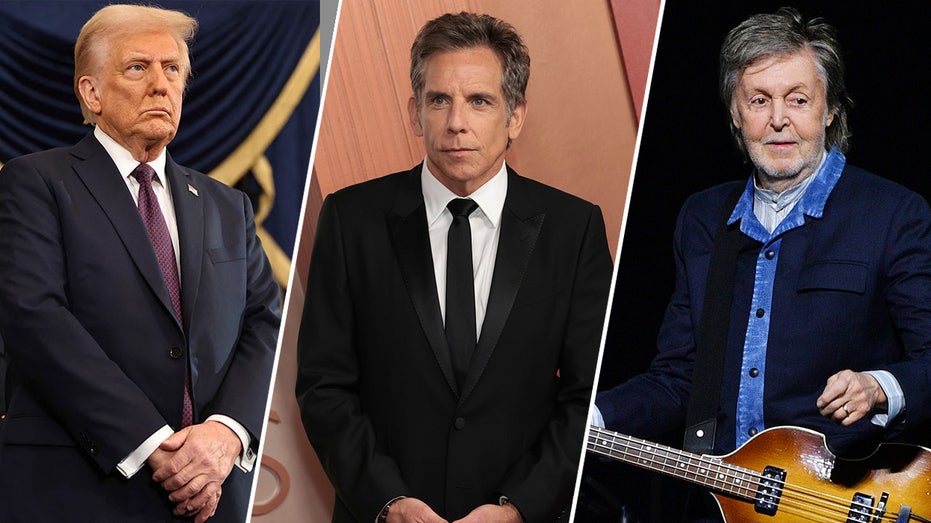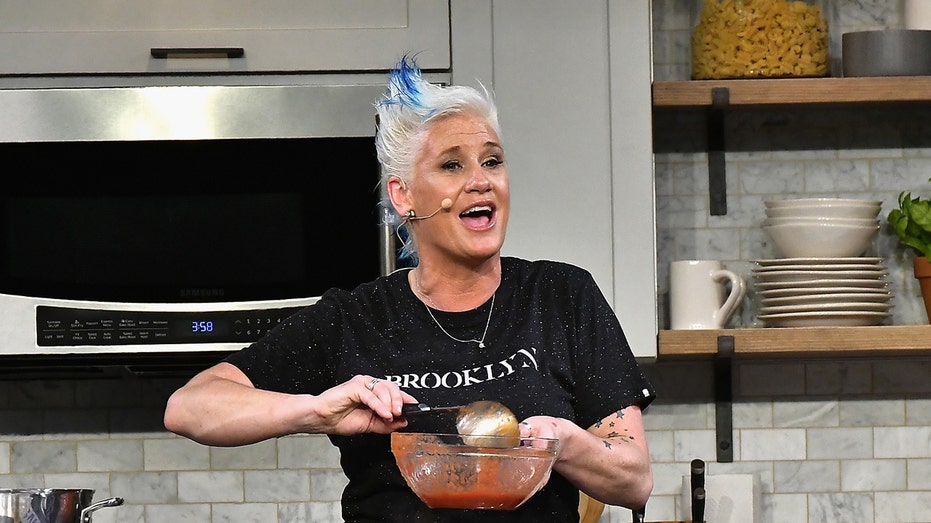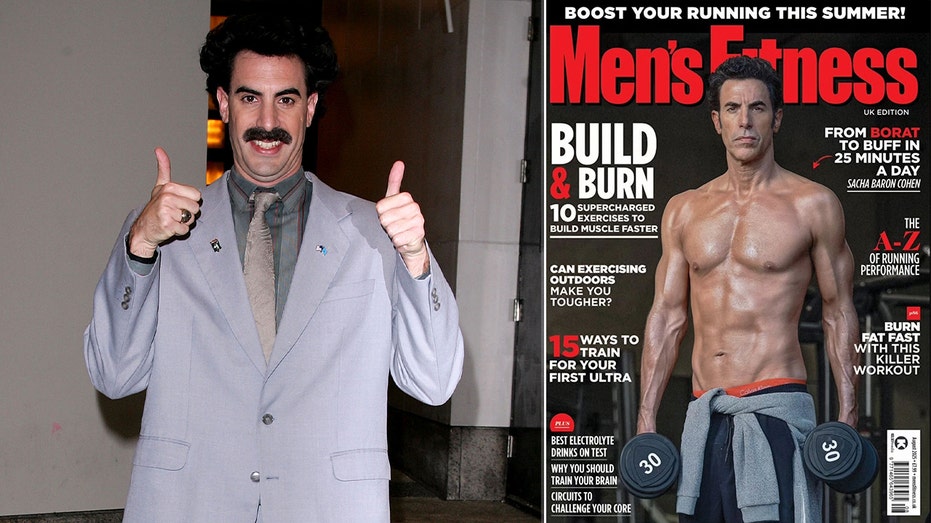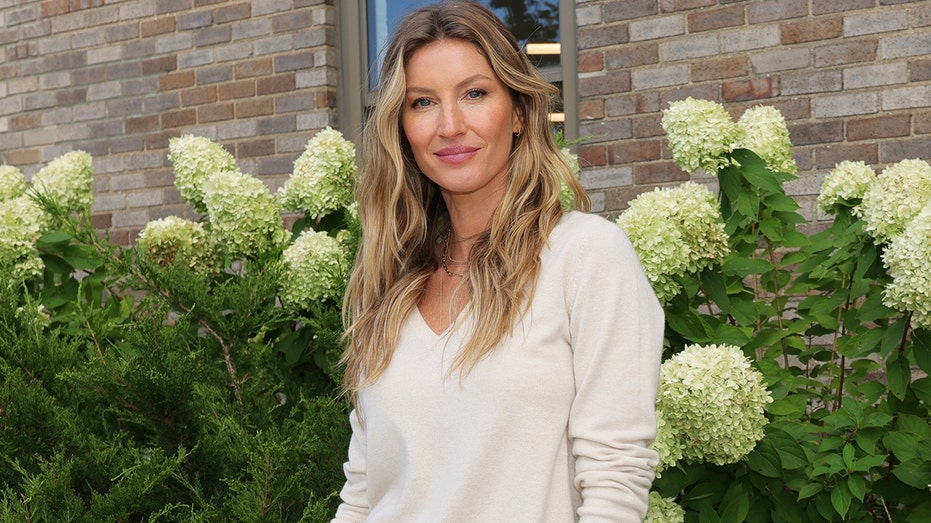Trump Urged by Ben Stiller, Paul McCartney and Hundreds of Stars to Protect AI Copyright Rules

Sarah Johnson
March 20, 2025
Brief
Over 400 Hollywood stars urge President Trump to protect copyright rules as AI advances, warning of risks to creativity and jobs amid debates over AI's use of copyrighted material.
In a rare alignment of Hollywood glitz and serious tech-policy concerns, over 400 stars and industry workers, including Ben Stiller, Paul McCartney, and Ron Howard, have signed an open letter urging President Donald Trump to safeguard copyright rules in the age of artificial intelligence (AI). The letter, addressed to Trump’s Office of Science and Technology Policy, passionately argues against weakening copyright protections for creative works used as training material for AI models.
"America’s arts and entertainment industry supports over 2.3 million jobs and generates over $229 billion in wages annually," the letter points out, emphasizing the vital economic and cultural role of the sector. It warns that AI companies seeking to bypass copyright laws could undermine this strength, jeopardizing the very foundation of American creativity and soft power abroad.
The open letter was submitted in response to the Trump administration’s U.S. AI Action Plan, a blueprint aiming to position America as a global leader in artificial intelligence. However, major players in the AI industry, including OpenAI and Google, have also submitted comments advocating for fair use and text-and-data mining exceptions, which would allow AI systems to train on copyrighted material without obtaining explicit licenses.
OpenAI’s submission argued that such allowances are necessary for maintaining America’s AI leadership over competitors like China, while Google highlighted the benefits of balanced copyright rules, including accelerating scientific and social advancements. Hollywood, however, remains unconvinced, suggesting that companies simply negotiate licenses like everyone else—no shortcuts.
"There’s no reason to weaken copyright protections," the letter counters. "For nearly 250 years, U.S. copyright law has balanced creators’ rights with public needs, fostering the world’s most vibrant creative economy." The letter proposes that the American AI Action Plan uphold existing frameworks to sustain the nation’s cultural and economic strength.
Meanwhile, not all of Hollywood is wary of embracing AI. Joe and Anthony Russo, directors of Marvel blockbusters like "Avengers: Endgame," recently released their Netflix feature "The Electric State," starring Millie Bobby Brown and Chris Pratt. The film explores a world dominated by robots and incorporates AI-generated voice modulation, showcasing the technology's creative potential.
Joe Russo candidly remarked to The Sunday Times that AI’s generative capabilities are already more widespread in Hollywood than many realize. While acknowledging its limitations, including "hallucinations"—a term for AI’s tendency to produce incorrect or nonsensical results—he predicted more significant creative applications in the future.
The conversation around AI has only intensified since the 2023 Hollywood strikes by writers and actors, which lasted nearly six months. The strikes were fueled by fears over the unchecked use of AI in storytelling, performances, and other creative endeavors. Duncan Crabtree-Ireland, SAG-AFTRA’s National Executive Director, reflected that while the strikes were painful, they were a necessary preemptive measure against the risks AI posed to the industry.
As Hollywood continues to grapple with AI’s impact, unions like SAG-AFTRA and IATSE have called for federal legislation to ensure copyright protections remain intact. Rebecca Rhine, a DGA Associate Executive Director, stressed the importance of collaboration among unions to develop effective approaches to AI regulation.
While AI may be revolutionizing creativity, the battle to balance innovation with respect for intellectual property is far from over. Hollywood’s stars are clearly not ready to roll out the red carpet for AI without a proper negotiation of boundaries.
Topics
Editor's Comments
Hollywood’s pushback against AI’s copyright exemptions feels less like nostalgia for the old ways and more like a call for fairness. After all, if AI can ‘borrow’ copyrighted material without asking, isn’t that just glorified plagiarism? The Russo brothers’ embrace of AI is intriguing, but let’s hope this creative revolution doesn’t end with robots writing scripts about robots.
Like this article? Share it with your friends!
If you find this article interesting, feel free to share it with your friends!
Thank you for your support! Sharing is the greatest encouragement for us.



